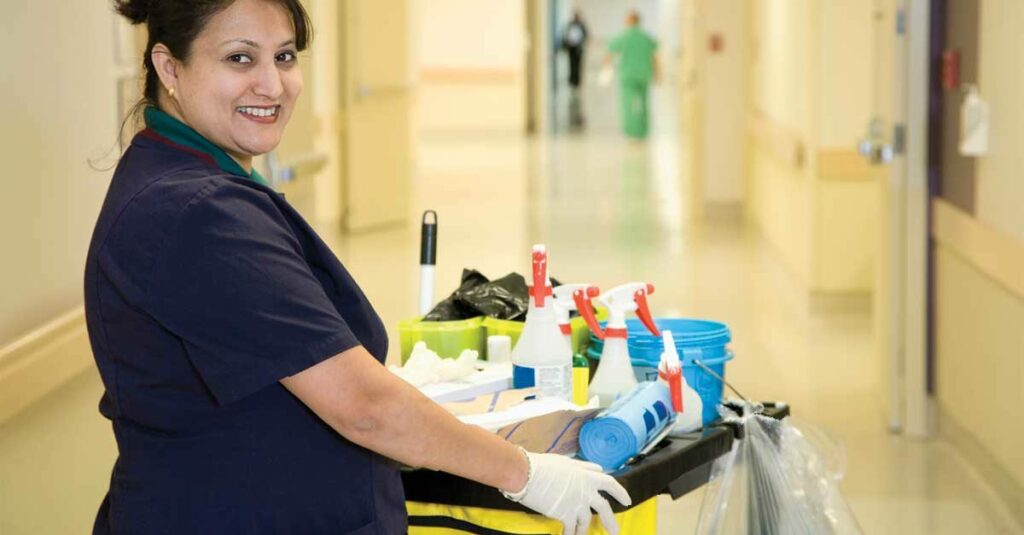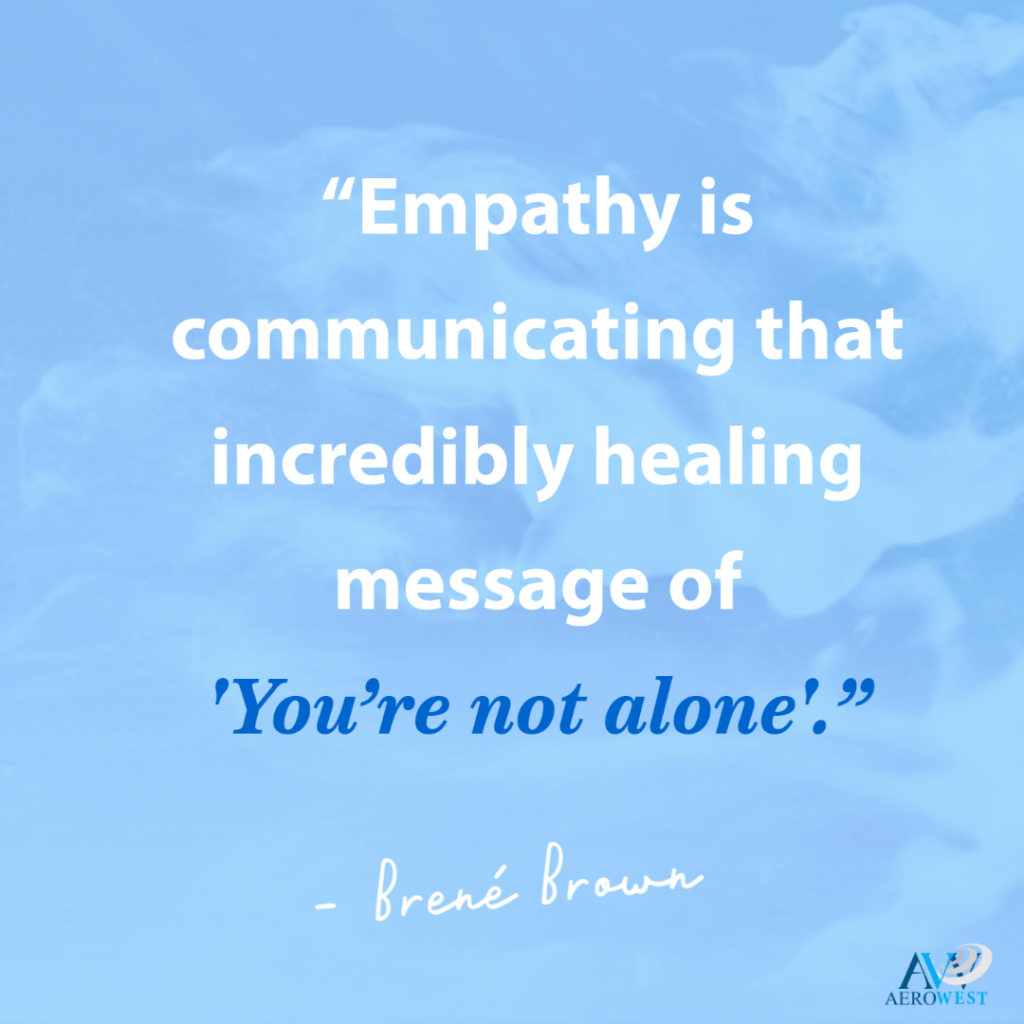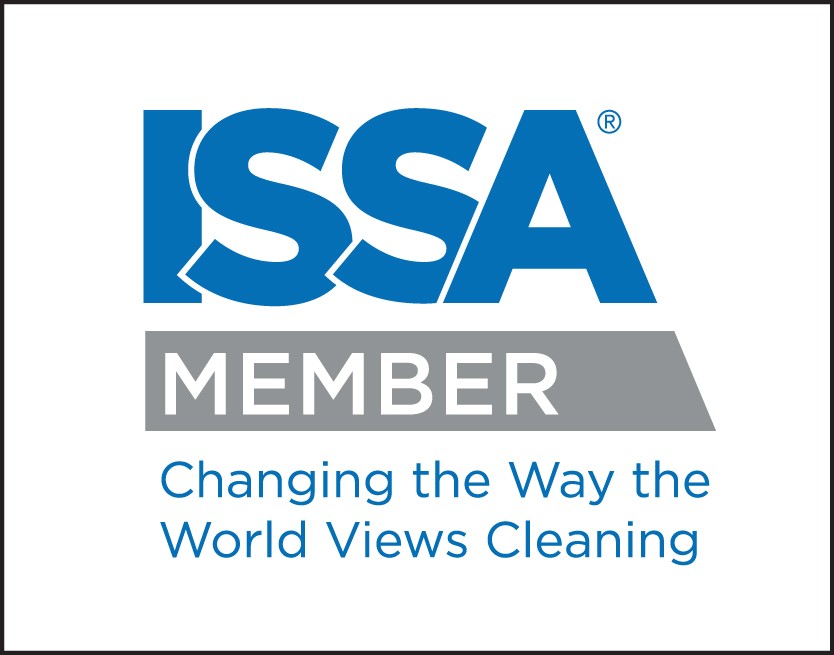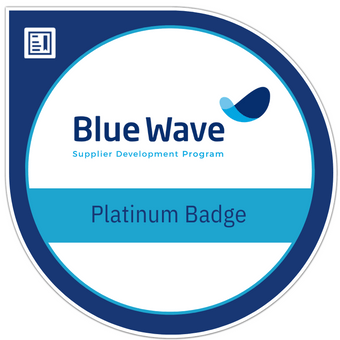7 TRAITS OF EXCELLENT ENVIRONMENTAL SERVICES STAFF

The Secret of Success for Hospital EVS Workers
Over the past year we’ve seen many examples of frontline EVS workers receiving the recognition and praise they deserve. Hospital EVS is finally being recognized as the essential service & honorable career path that it has always been. After working alongside hundreds of EVS teams every day and studying the habits of the best in the industry, we’ve compiled 7 traits that excellent environmental services workers all have in common.
Grow your EVS Career by Practicing These 7 Skills Each Day
For some, these characteristics come naturally but even if it doesn’t, these are skills you can cultivate.
#1 Show Empathy to Patients & Colleagues
According to researcher & storyteller Brene Brown, “Empathy is communicating that incredibly healing message of ‘You’re not alone’.” Empathy is the starting point to each of the following traits. Empathy makes you sensitive to the needs of your patients.
#2 Be Flexible in Your Assignments
Most of us appreciate the familiar. We enjoy knowing what to expect, but following a strict schedule is not always realistic for EVS workers. In fact, busy hospitals have unexpected situations pop up all the time. You must be willing to change assignments unexpectedly. The best EVS workers go with the flow and embrace changing assignments.
#3 Demonstrate Friendliness to Your Patients & Coworkers
Be friendly towards your patients AND your colleagues.
Since we were kids, we’ve been taught “to have a friend, you have to be a friend”.
Most activities are more enjoyable with a friend…including the work day!
Friendliness at work has tons of benefits:
- you’ll feel better about yourself for being nice
- reduces stress
- increases morale
- coworkers will treat you better
- improves your mental health
- improves productivity
In summary, you’ll feel better for being nice, your colleagues will feel better because you’ve been nice, and your patients will feel better because you’re providing them with better service.
“Motivation comes from working on things we care about.
It also comes from working with people we care about.”
― Sheryl Sandberg
#4 Multitasking to Get More Done
Multitasking is the ability to get more than one task done at a time. We live in a busy world, so being able to crank out multiple tasks at the same time has some serious advantages. Some people preach against it, but the facts clearly reveal that it works when done properly.
How Multitasking Increases Efficiency At Work
Multitasking keeps you active and keeps your brain engaged. The idea is that when doing a simple task it’s easy to get distracted by your thoughts. Multitasking helps you actively take part in what you’re doing rather than getting lost in daydreams.
You’ll notice that your to-do lists get checked off faster. The more you multitask, the better your brain gets wired into efficient multitasking.
If you can engage with your patients while cleaning their rooms you’ll be able to comfort your patients on a much greater level. Practice listening and conversing while also cleaning to increase your efficiency and your patient satisfaction scores. It’s a great way to display your compassion and work ethic at the same time.
Multitasking makes you more competitive. If your colleagues are only completing one task at a time, then you can do twice as much, giving you twice as much recognition!
#5 Be Optimistic
A positive attitude is contagious. It makes you *and* others feel better. Remember that encouraging words can go a long during hard times. Your patients may be at one of their lowest points. This means you have the ability to lift their spirits and provide for their emotional health as well as their physical health.
“Positive people show their positive attitude in their words, actions and feelings,” says Rachel Sheerin.
“Positive people radiate differently, just by walking in a room with their energy – it changes the world and people around them.”
Maintaining your optimism can takes work. One of the best things you can do to stay positive is to stop complaining. Reframe bad situations and try to pick out a positive in every negative. Don’t feed into the complaints of others. The more you practice positive thinking, the more it will become a habit in your daily life.
#6 Possess Great Communication Skills
Interacting with patients is one of your most important responsibilities and the most successful EVS staff have this down to a science. Here’s a few tips from the experts:
- Greet your patients when entering their room – let them know your name and what you do–it helps your patients feel comfortable.
- Listen – one of the biggest complaints from patients is that they don’t feel listened to–show you care by lending an ear
- Allow for extra time – Don’t appear rushed or uninterested. Your patients will sense it.
- Speak slowly & clearly – This is especially important for your older patients. Speak clearly and loudly so your patients can hear you, but don’t shout.
- Be courteous – This one in pretty obvious, but keep it in mind with every interaction you have with your patients. You’ll find that this greatly improves the patient experience.
#7 Be Detail Oriented But Don’t Forget the Big Picture
Finally, successful EVS workers know pay attention to the details without losing sight of the big picture.
Focus on the details so you’re sure to follow proper protocol. Cleaning and infection prevention requires keen attention to detail.
The better you’re able to focus on the details, the safer and healthier the environment will be.









